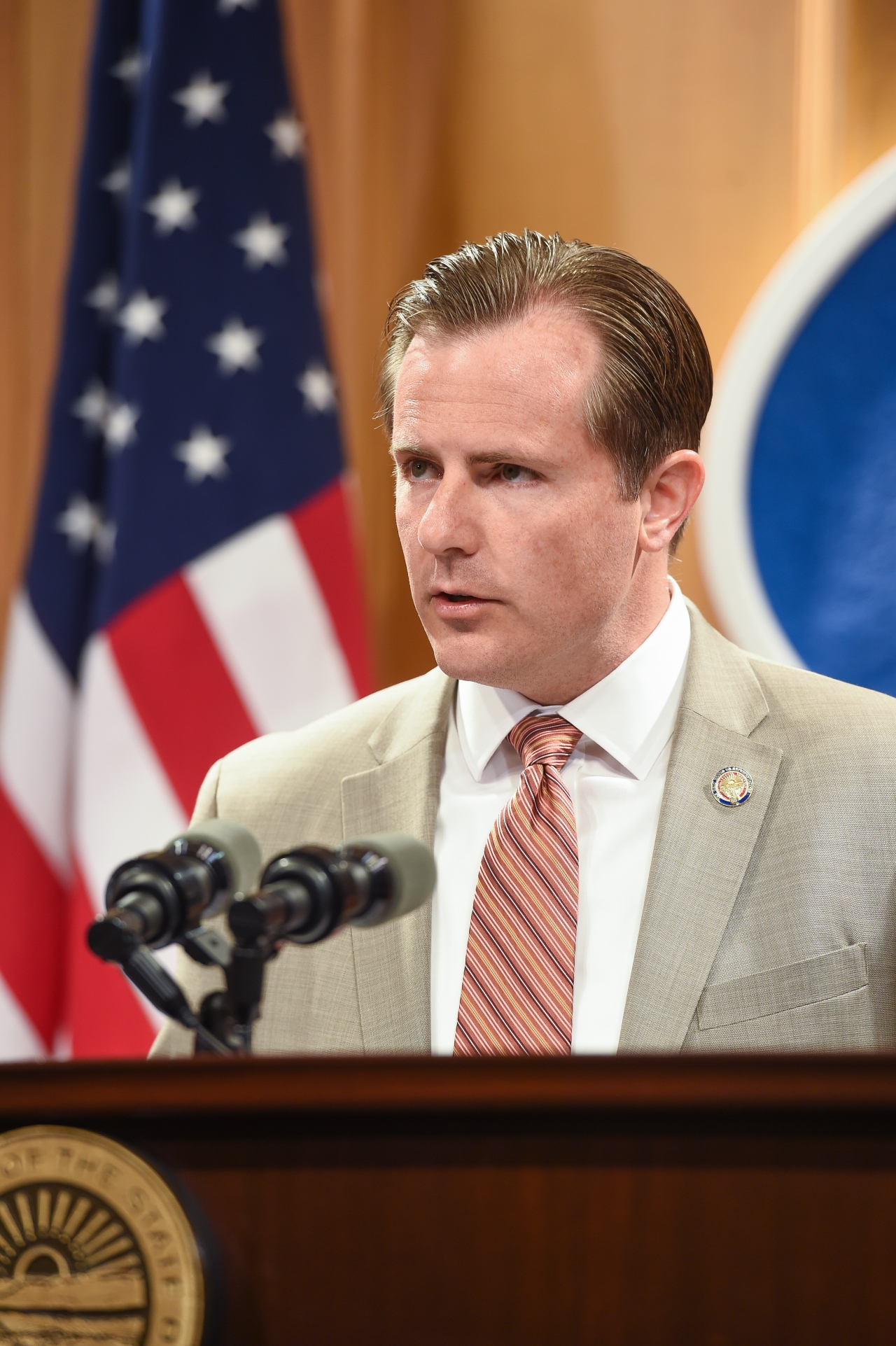Rep. Carfagna Introduces Legislation Aimed at Expanding Broadband Internet Access to Unserved Areas

COLUMBUS—State Representative Rick Carfagna (R-Genoa Township) has introduced legislation that would effectively combine efforts by government and private enterprise with the goal of expanding broadband connectivity to unserved households across Ohio.
The legislation, House Bill 281, targets the problem of “last-mile” connectivity to residences where it remains too expensive for private broadband providers to extend their services. This would impact both large areas unserved by broadband service, as well as smaller clusters of households within communities that are already served.
Carfagna’s bill incentivizes cooperative efforts across local, county and state levels to pool resources and reduce last-mile construction costs.
“Internet access has obviously become vital to our communities and provides a wide variety of economic, education and social resources,” Carfagna said. “The goal of House Bill 281 is to find a way to efficiently extend these resources to areas that currently do not have this valuable service. I have been, and will continue, working with local government officials and various interested parties to ensure this legislation meets that goal and leaves a positive effect on Ohioans, mostly in rural areas, who currently have no broadband access.”
Currently, communities that are served by cable operators and certain other telecommunications companies have the ability to collect a provider fee on video revenues of up to 5 percent collected from customers within the service area. In most cases, these fees are placed into general revenue funds and used for a variety of operations.
House Bill 281 creates a permissive funding method that incentivizes communities to use those fees to help offset additional construction costs. Under the plan, the private provider would fully fund the project within its construction buildout model. Any overage costs would then be offset by the community and county by using the new funding method outlined in the bill. If both the community and county choose to fund 33 percent of the overage costs, then the state would be required to provide the remaining 33 percent for the project, not exceeding $2 million per year.
“By pooling resources and having all parties place some skin in the game, the existing financial hurdles become far less intimidating,” Carfagna said. “Deploying broadband to any of the numerous scattered pockets of unserved households throughout Ohio would be deeply meaningful and enhance quality of life.”




